At 7 o’clock sharp each morning during the past three months, about 50 people have gathered in a small Vatican chapel for an ordinary weekday morning Mass like similar Masses around the world. Present are nuns, students, priests, and Vatican officials on the way to their offices. One of the concelebrating priests is in charge of finding someone to do the readings. Then there is a brief homily. Simple, practical, ordinary. With this difference: this daily morning Mass is celebrated by Pope Francis.
As if he were an ordinary parish priest.
“There are so many temptations of the evil one, who does not want the Spirit to come to us and build peace and meekness in the Christian communities,” Pope Francis said in one recent homily.
This scene is set in the Domus Sanctae Marthae, where Pope Francis resides. These daily Masses in the residence’s chapel — and the homilies he delivers — are beginning to define his pontificate.
The Pope who came from the “end of the world” is turning into the parish priest of the Vatican and of the world.
For this reason, every morning in the house where Francis has chosen to live for now, the Mass is a moment of prayer for all: employees of the Vatican, of the Holy See, and friends whom the Pope wants to greet.
It is an intimate parish Mass, and in the end the celebrant sits among the faithful, in the middle of the chapel, to meditate. Then he greets everyone, one by one.
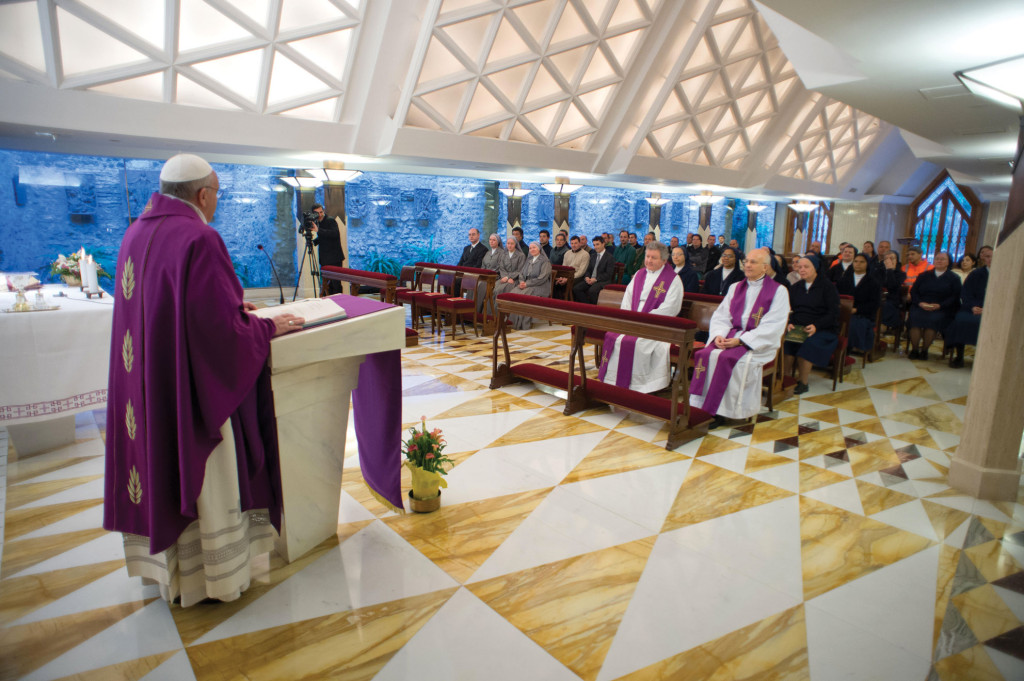
Domus Sanctae Marthae, the Vatican residence where the new pontiff resides. Among those in attendance this day were Vatican gardeners, garbage collectors and cleaning crews (CNS photo)
This is how Pope Francis begins his day: meeting people and offering a daily teaching in Italian, with his Latin American accent, simple teachings to live the holiness of everyday life.
He speaks of the sins of every day: slander, for example, a sin, but also something more, “because it wants to destroy the work of God and comes from a very bad thing: it comes from hatred. And he who hates is Satan.”
And then humility, that attitude of mind and heart which every Christian must learn to live: “Being humble does not mean going to the road with downcast eyes: no, no. Humility is that of God, which He teaches us, that of Mary, Joseph … that of Jesus, who ends up on the cross. And this is the golden rule for a Christian: progress, advance and lowering oneself.”
Pope Francis often makes use of paradoxes, and he often uses the language of everyday life, the language of ordinary people. He denounces the vices of the modern world: thirst for money and success, slavery to work, the lack of acceptance of others, even the ancient and very contemporary temptation of horoscopes and magicians.
Sometimes “when there are problems men do not rely on Jesus, but on other realities,” and maybe “go to consult the Tarot” to know and understand what to do, Francis said recently. But it is not using wizards or tarot cards that one finds salvation, the Pope continued. “It is in the name of Jesus. And we must bear witness to this! He is the only Savior.” And Jesus saves us with the sweetness of forgiveness, he said. “How good it is to be saints, but how good it is also to be forgiven!”
This emphasis on the goodness of forgiveness, the sweetness of forgiveness, is a hallmark of Francis’s preaching and spirituality. And from forgiveness springs the witness of the martyrs of all cetnuries, thanks to the power of faith: “And what is our faith like?” Francis asked one morning. “Is it strong? Or is it at times a little like rosewater, a somewhat diluted faith? When problems arise are we brave like Peter, or inclined to be lukewarm?”
Pope Francis teaches us that “faith is not negotiable. Among the People of God this temptation has always existed: to downsize faith.” So, Francis tells us, we must overcome “the temptation to behave more or less ‘like everyone else,’ not to be too, too rigid,” because it is “from this that a path which ends in apostasy unfolds.”
Indeed, “when we begin to cut faith down, to negotiate faith and more or less to sell it to the one who makes the best offer, we are setting out on the road of apostasy, of no fidelity to the Lord.” Simple words. Powerful words.
Recently he spoke of Christians being “the salt of the earth” and said that first of all the faith, like salt, has to “be given out” in different ways: “in the service of meals, service to others, to serve the people.” And the key word is “give.”
“It is the salt of faith, hope and charity: give, give, give!” Francis said. “But in order to keep its flavor, salt also needs transcendence, prayer, adoration. In this way is the salt conserved, [in this way it keeps] its flavor. With the worship of the Lord, I go beyond myself to the Lord, and with the proclamation of the Gospel I go out of myself to give the message.”
And in these sermons, Francis has also spoken often of the devil, denouncing the “scams” of the devil, warning of the seduction of evil in everyday attitudes that seem harmless. “There can be no dialogue with the prince of this world: let this be clear!” the Pope said one morning.
Dialogue is another thing, “is a habit, it is an attitude that we must have among us to feel and understand each other… and that [dialogue] must be maintained forever. Dialogue comes from charity, from love. But with that prince, it is impossible to dialogue: one can only respond (to the devil) with the Word of God who defends us.”
In these Masses, by word and by example, Pope Francis is showing how the Church can be renewed.
For “when a Christian community lives in love, confesses its sins, worships the Lord, forgives offenses, is charitable towards others and manifests love,” it “feels the obligation of fidelity to the Lord to observe the commandments. It becomes a community of ‘yes,’ and the ‘nos’ are a consequence of this ‘yes.’”
Francis is also creating his own small school of prayer. He encourages all Catholics to engage in “a courageous prayer,” a prayer that “struggles to achieve a miracle, not prayers of courtesy, ‘Ah, I will pray for you,’ I say an Our Father, a Hail Mary, and then I forget. No: a courageous prayer, like that of Abraham, who struggled with the Lord to save the city, like that of Moses who held his hands high and tired himself out, praying to the Lord, like that of many people, so many people who have faith and pray with faith.”
The daily homilies of Pope Francis have not been fully transcribed, but daily summaries are published on the Holy See’s web site to allow readers to meditate on the teaching of this Pope.
Sidebar: Satan tricks people into being selfish, leaving them loveless

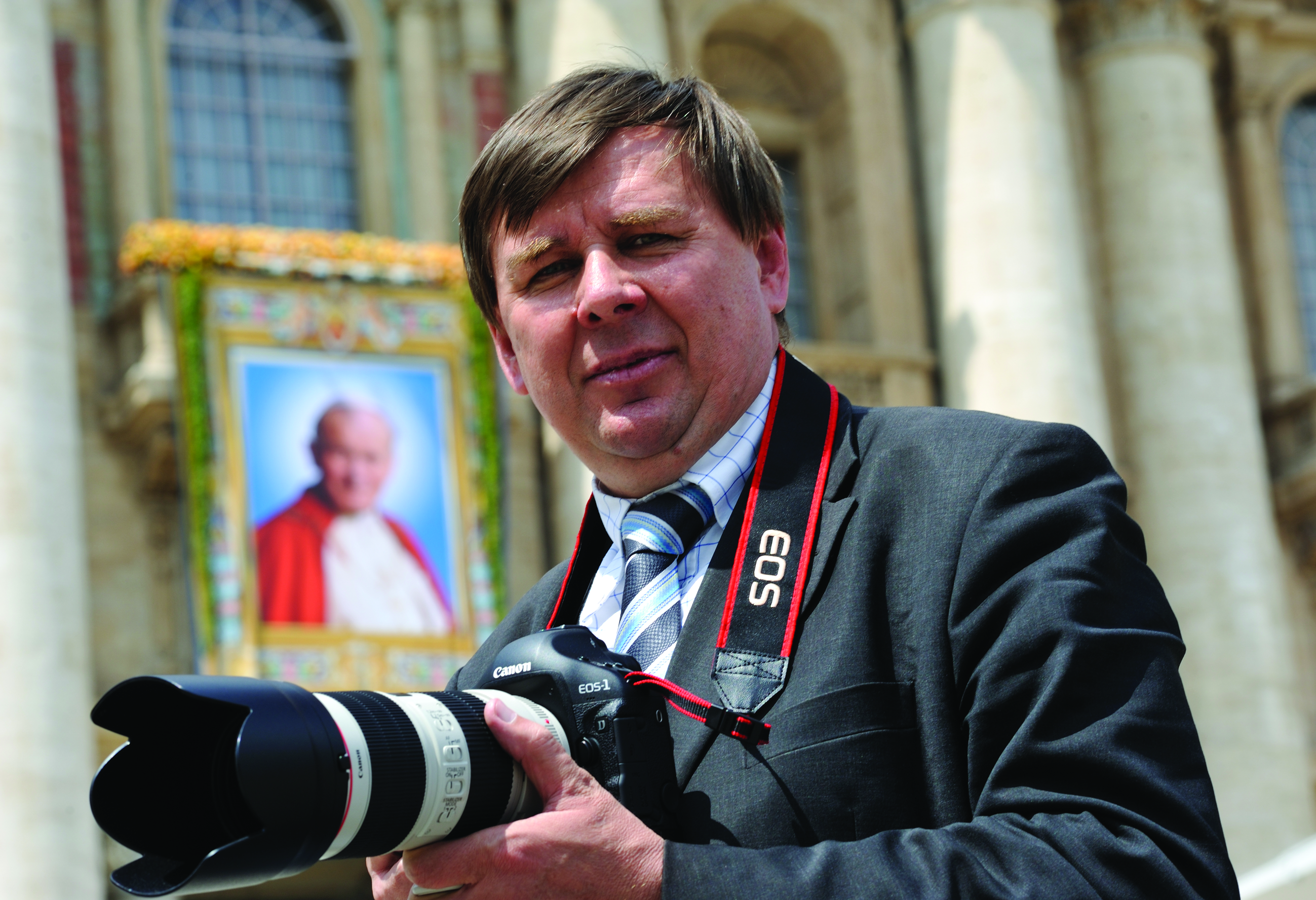
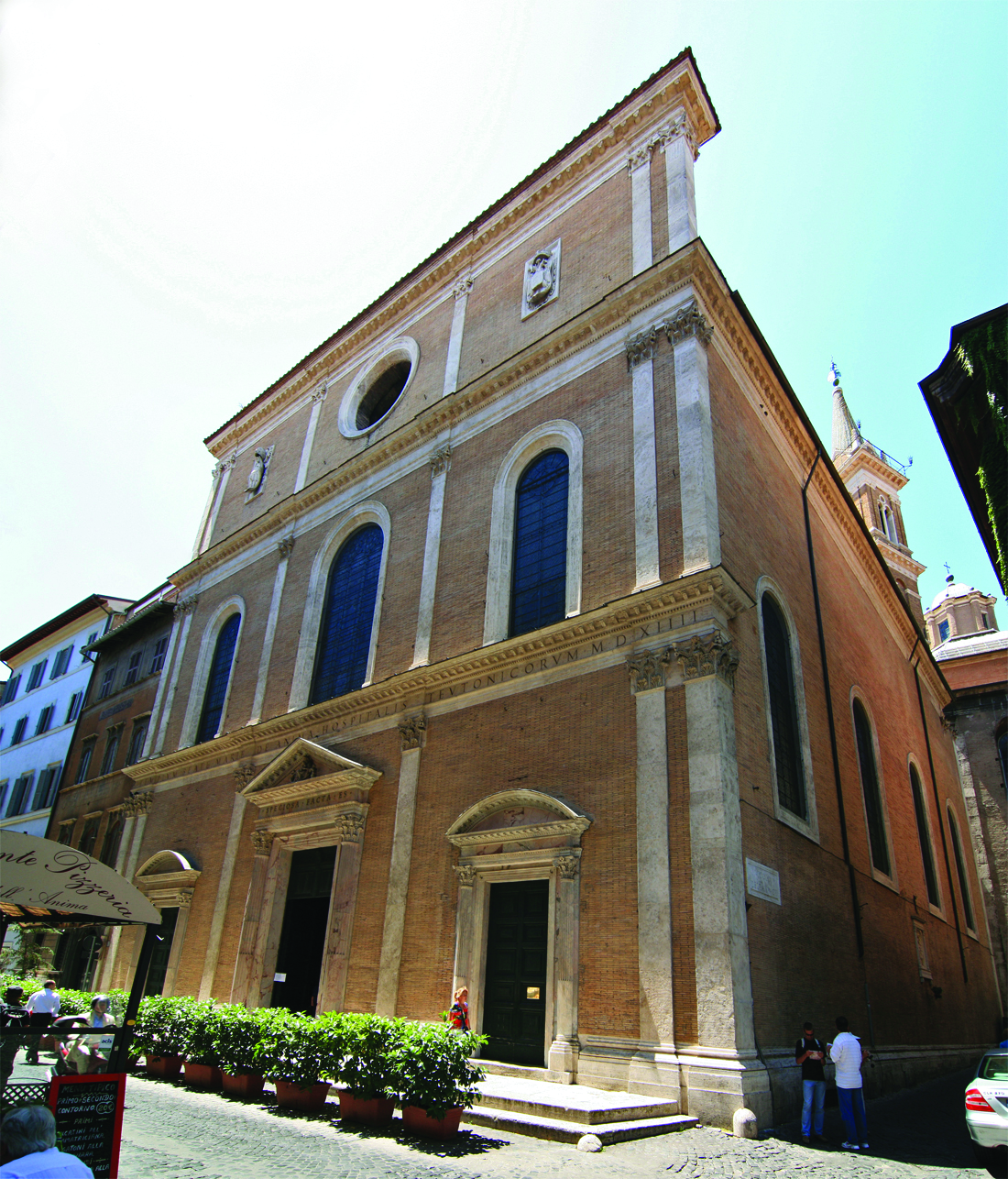
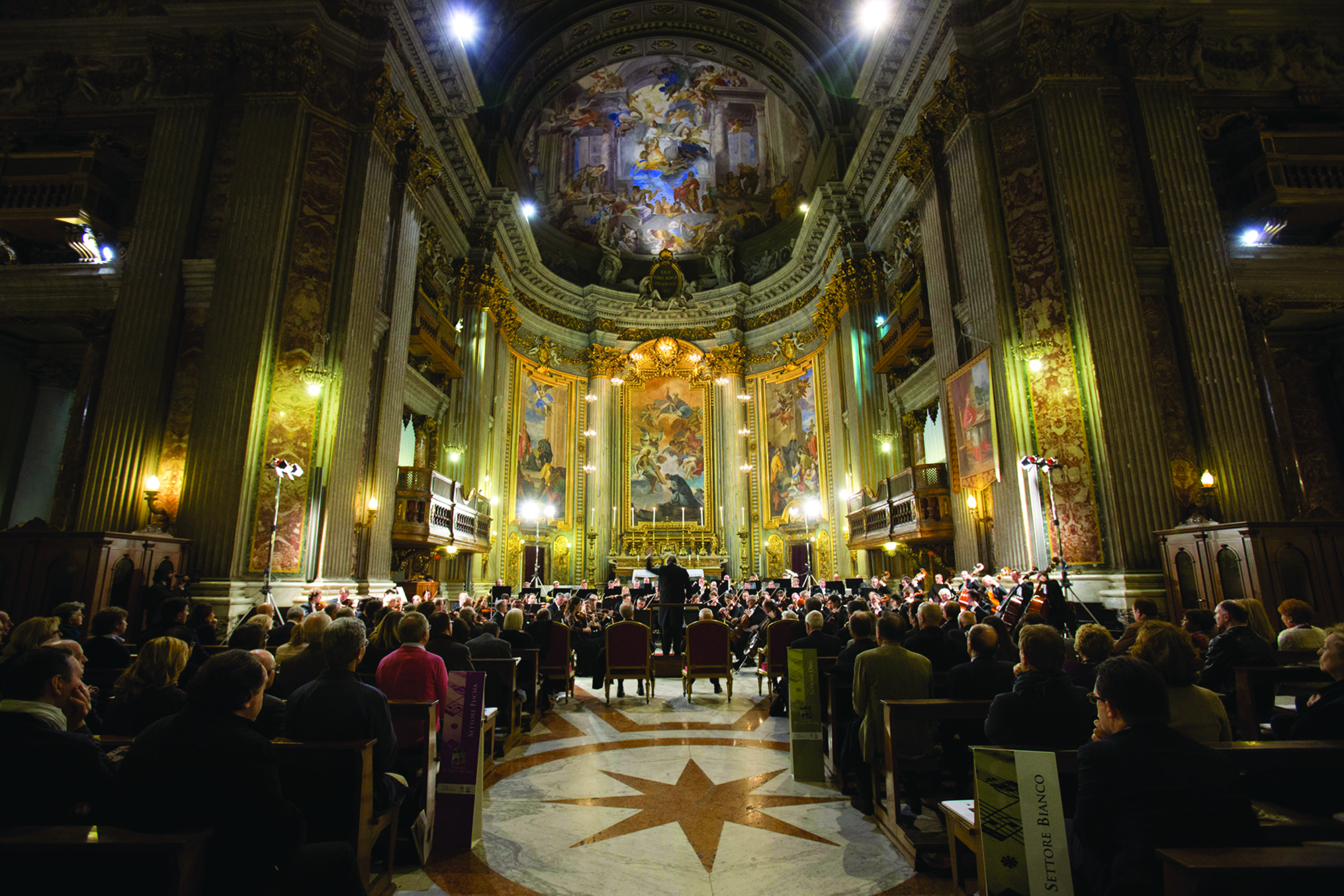
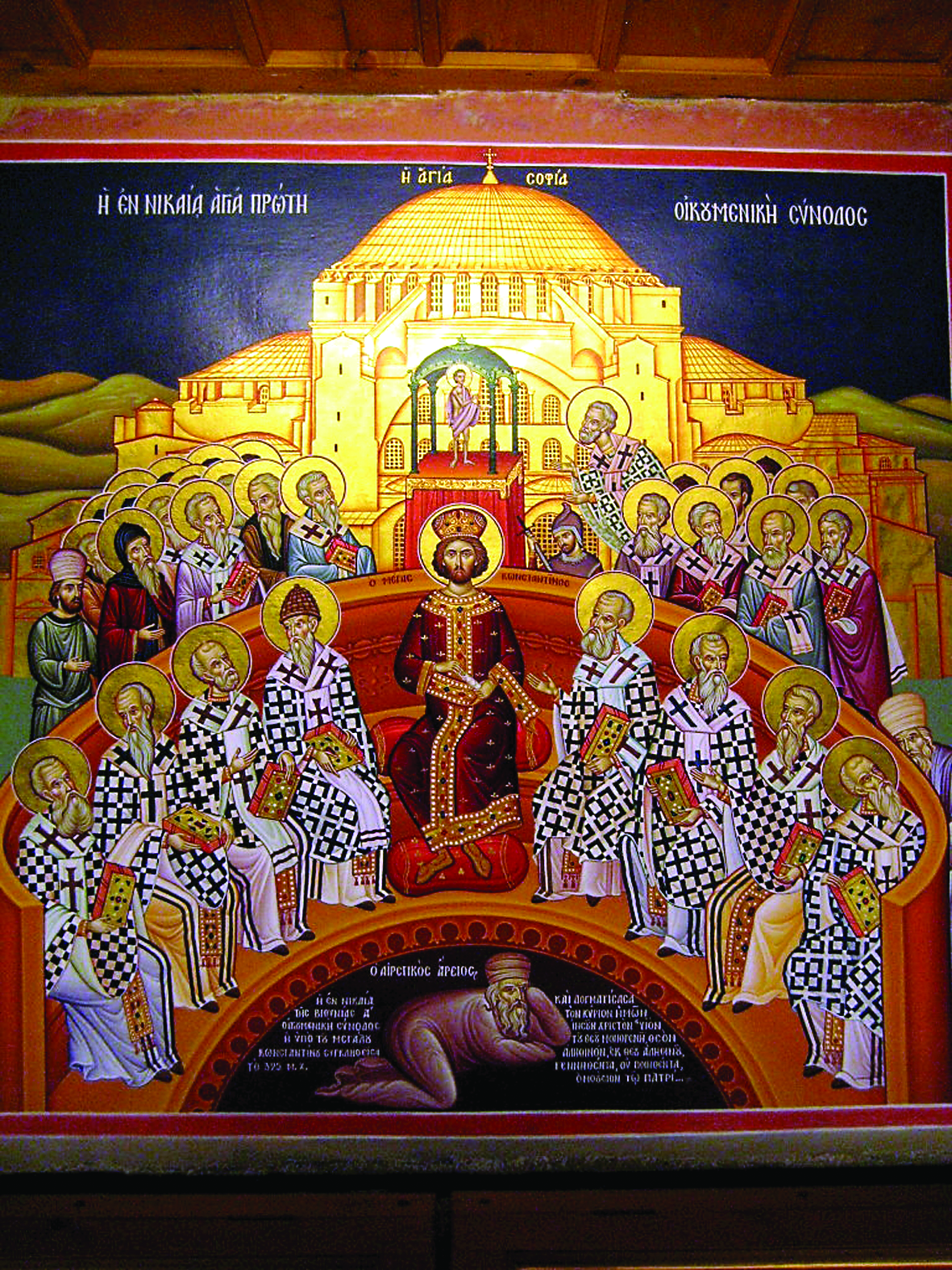
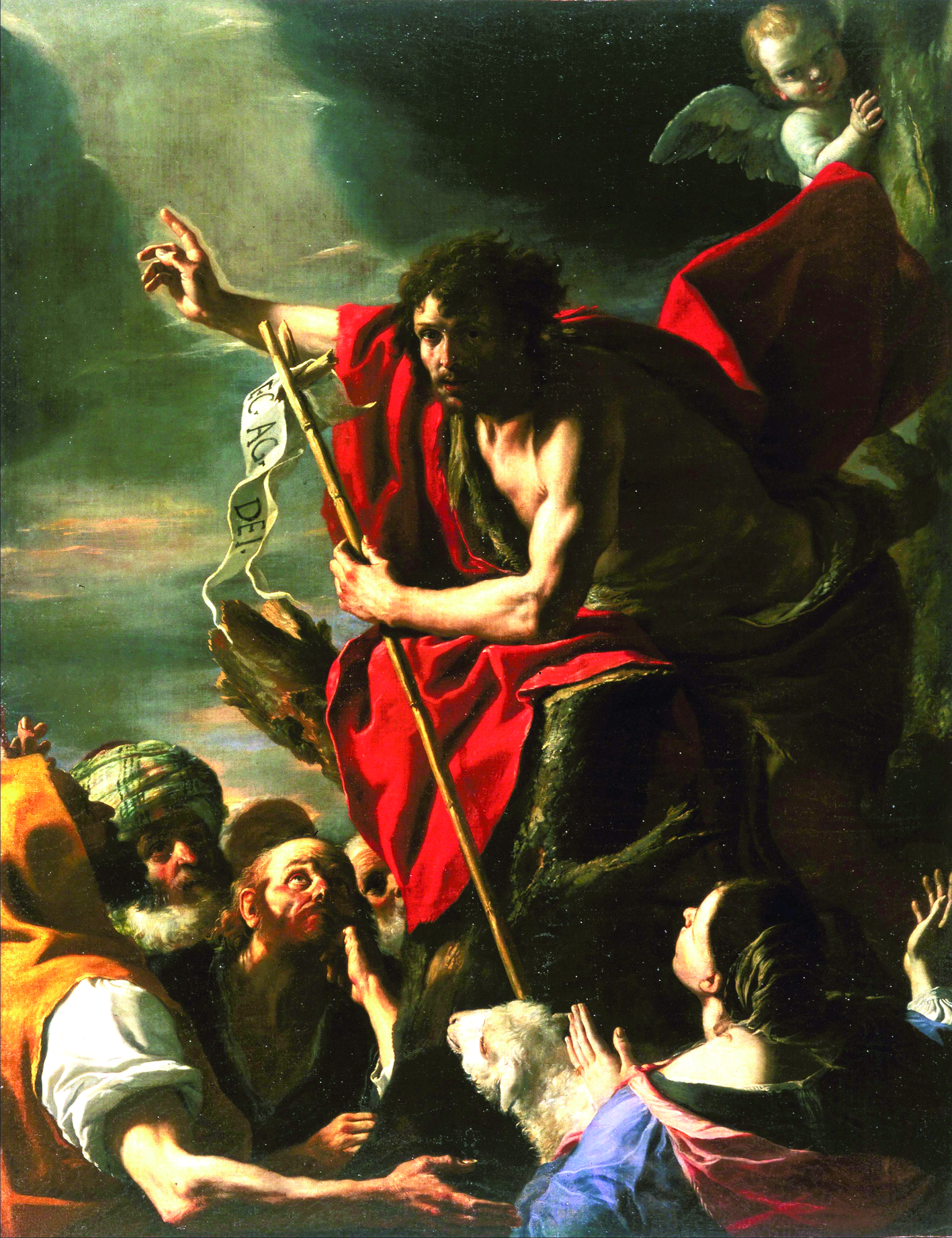
Facebook Comments